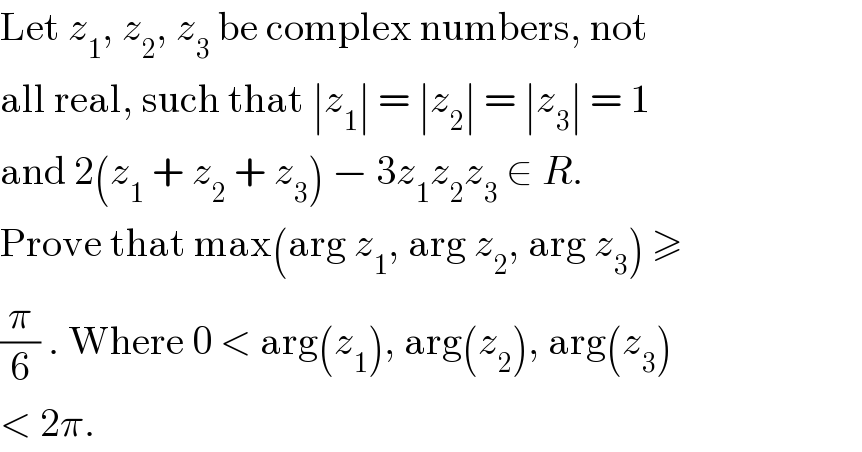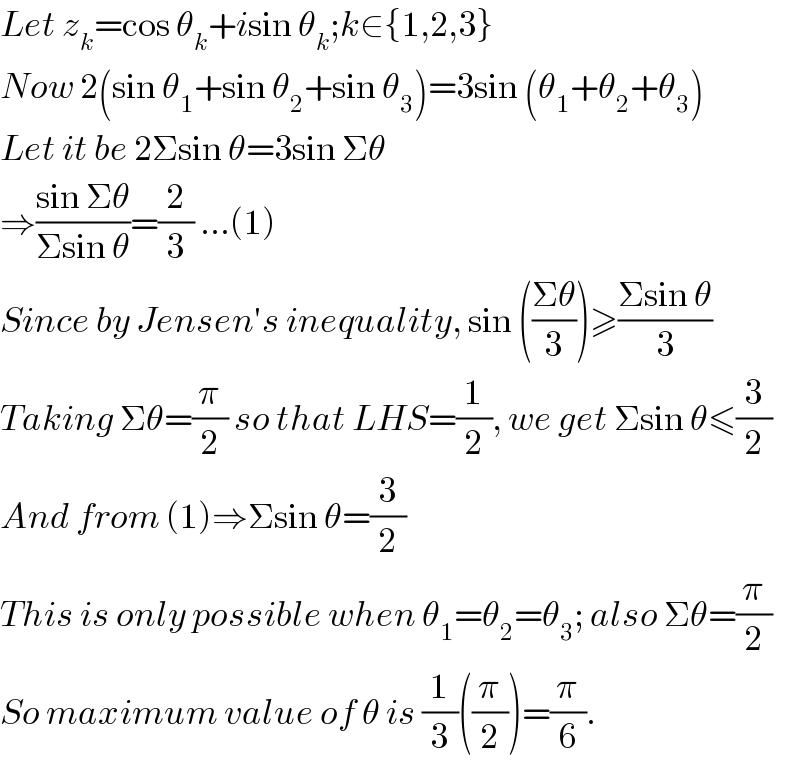
Question and Answers Forum
Question Number 21294 by Tinkutara last updated on 19/Sep/17

Answered by revenge last updated on 24/Sep/17

Commented by Tinkutara last updated on 24/Sep/17

| ||
Question and Answers Forum | ||
Question Number 21294 by Tinkutara last updated on 19/Sep/17 | ||
 | ||
Answered by revenge last updated on 24/Sep/17 | ||
 | ||
| ||
Commented by Tinkutara last updated on 24/Sep/17 | ||
 | ||